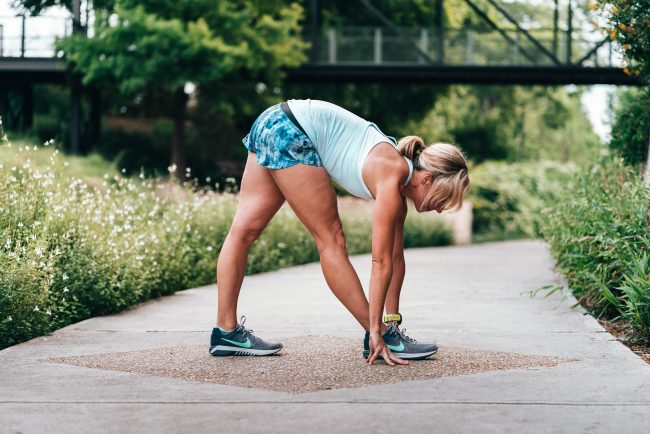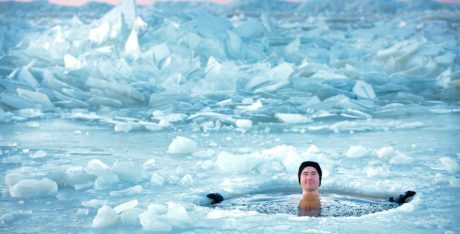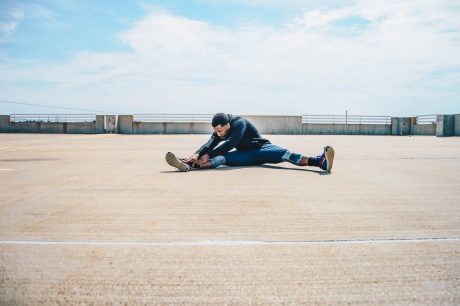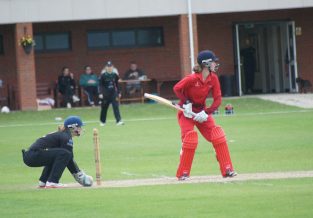What is the best recovery for you post match? From ice baths to compression garments
Published on
13 Dec 2018

Call us on: (03) 9975 4133
Fact or Fiction? It's time we discussed all things recovery and what is best for you post exercise.
Compression Garments
The use of compression garments has increased over the past 20 years. The brands and types of garments available now are extraordinary – there is a garment for all muscle groups and sports. But do compression garments aid recovery?
Wearing compression garments post sporting match helps to promote rapid recovery of muscle function, muscle soreness and decrease blood markers of muscle damage for up to 48 hours after exercise. Research is yet to confirm how this occurs, but we theorise that the compression aids in reducing the inflammatory response associated with exercise. Many football players from a range of codes wear compression garments whilst playing, but does it help performance or recovery?
![]()
Wearing compression garments whilst playing a team sport has no bearing on performance, but can decrease post exercise leg soreness and delayed onset muscle soreness, otherwise known as DOMS. However, in the recent AFL players survey, over 70% of players that wore compression garments for either trainings or matches revealed that there wear them to prevent chafing rather then for recovery or performance. Fun Fact!
Ice Baths
Over the decades, ice baths have become all the rage, from a bath filled with ice at home, to a wheelie bin on the side of a triathlon athletes tent. Now, sporting centres and football clubs having access to specific temperature controlled ice baths. But what is the effect on recovery? Physiologically, ice water decreases muscle blood flow, oedema, perceived soreness and muscle damage.

Those that have experienced an ice bath will testify that they are not the most pleasant experience! So how long and what is the optimal temperature to improve recovery? Ideally, an ice bath would be taken for 11-15 minutes at 11-15 degrees, ensuring major muscle group used during physical activity are covered.
Hot/Cold Baths
What about hot cold baths? Is there any benefit in jumping from a freezing cold bath into a nice warm spa multiple times to aid recovery? If you play a contact sport like any of the football codes, a hot spa will to detrimental to your recovery. If there is any chance that you have a ‘cork’, otherwise known as a contusion, you should avoid heat for the first 48-72 hours. The other detrimental effect of a spa is it will dehydrate you. Latest evidence suggests that hot cold baths can be used 24-72 hours post match to reduce muscle strength loss and DOMS. The protocol and guidelines for hot cold baths are as follows;
Cold Water between 10 – 15 degrees, Hot Water between 38 – 40 degrees and complete 7 rotations of 1 minute in ice water, 1 minute in hot spa. However the effects of a total 14 minutes in a Hot Cold Baths rotation are similar to just 11 minutes of an Ice Bath.
Stretching
There is always high debate on whether stretching is beneficial or not, however we know that exercise and posture habits shorten muscles. During the first 5 – 10 minutes post exercise, static stretching helps to restore muscle length and improve joint flexibility. The recommendation is to stretch each muscle group 2 to 3 times and hold each stretch for 15 – 30 seconds. There should be no pain or discomfort with each stretch.

Nutrition and Rehydration
One of the most important parts of recovery from a match is nutrition and rehydration. Every sport has different nutritional requirements but in general post match you should consume a meal containing high glycemic index carbohydrate and some good quality protein. If you have any questions or are unsure if your pre and post event nutrition is right for you, please contact your local dietitian. If regards to hydration, it’s always good to weigh yourself pre and post match. This allows you to calculate the amount of water required to rehydrate. As a general rule for every 1kg lost, 1.5L of water should be consumed.

Sleep
In talking about all these recovery strategies, one of the best and most important forms of recovery is adequate sleep. Despite all the advances in science, 9-10 hours of adequate and quality sleep is better than all the recovery strategies mentioned above. In saying that, often post match athletes find it hard to sleep, so using some of the above adjacent recovery strategies to help stimulate quality sleep can be vital.
In summary, regardless whether it’s a football game, a round of golf or a game of cricket, recovery has a vital role to play to allow you to train and perform at your best without the risk of injury. If the only things you manage to fit in post match are a good quality meal, adequate hydration and quality sleep you will be quickly on the way to recovering!
We’re here to help.
If you have any more questions, or are preparing for an event, get in touch now!


